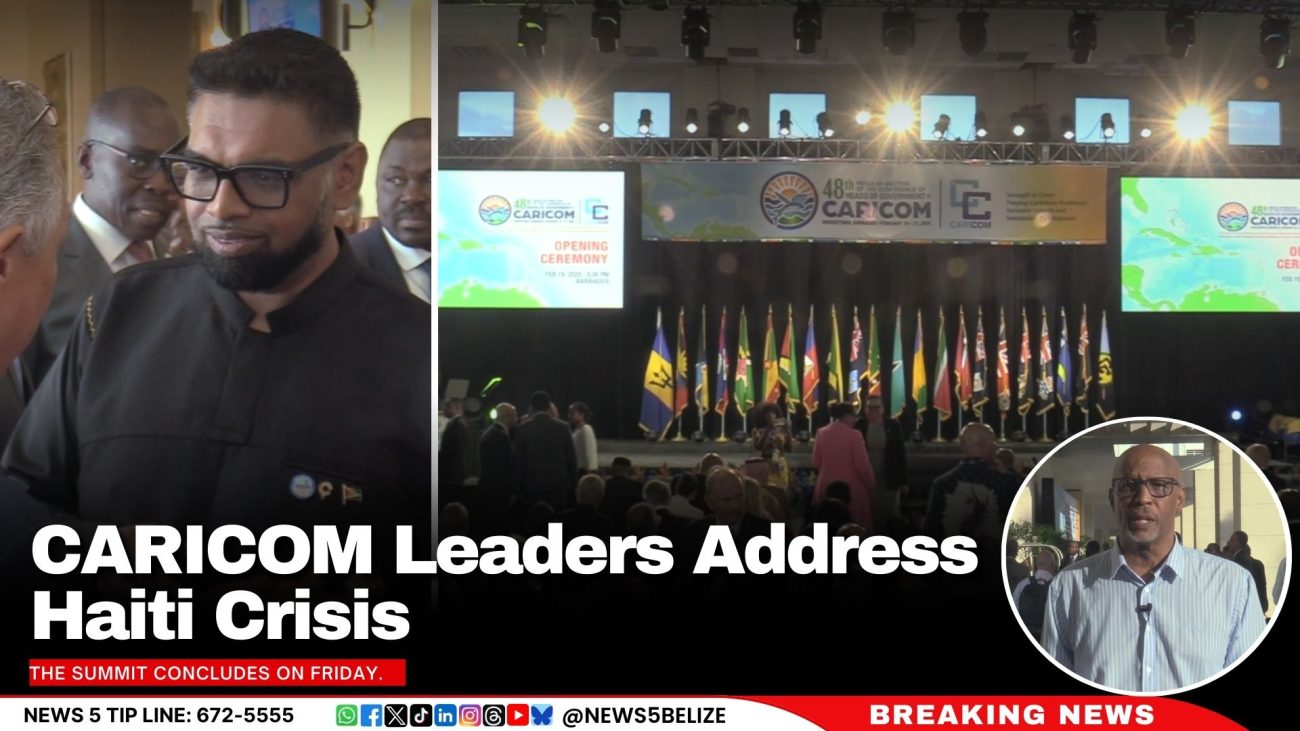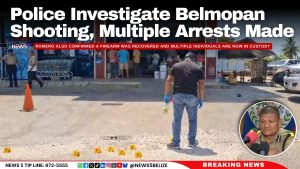CARICOM Leaders Address Haiti Crisis
The ongoing crisis in Haiti remains a pressing concern for CARICOM leaders, with discussions intensifying at the regional bloc’s summit this week. Addressing the ceremonial opening on Wednesday night, Barbados Prime Minister and CARICOM Chair Mia Mottley cautioned that simply scheduling elections for November 15 would not be sufficient to resolve Haiti’s deep-rooted challenges.
Saint Kitts and Nevis Foreign Minister Dr. Denzil Douglas confirmed that Haiti was a central topic in the CARICOM Foreign Affairs Ministers’ meeting ahead of the three-day summit. “The time has come for us to seriously look at the Haitian situation, work with the international community, and bring about lasting democratic change for the betterment of the people of Haiti,” Douglas stated.
Haiti’s deteriorating security situation remains a significant hurdle. Criminal gangs currently control 90 percent of Port-au-Prince and are expanding their grip, leading to widespread violence and thousands of deaths, including among women and children. Despite this, Antigua and Barbuda Prime Minister Gaston Browne remains cautiously optimistic. “Having a stable government is a prerequisite for stabilising Haiti. CARICOM will give all the support it can to ensure that Haiti returns to political and overall stability,” Browne said.
However, some leaders remain skeptical. Dominican Prime Minister Roosevelt Skerrit described the proposed November elections as “aspirational rather than practical.” He stressed that unless international partners, including the United Nations Security Council, fulfil their commitments, elections this year are unlikely.
CARICOM leaders have agreed on the need to prioritise Haiti’s security before elections can proceed. “We must do everything to ensure elections are held, but before that, we must ensure stability in terms of security and humanitarian aid,” Guyana’s President Dr. Irfaan Ali noted.
United Nations Secretary-General António Guterres addressed CARICOM leaders on Wednesday night, proposing a UN-led funding model similar to that used in Somalia. This would see the UN covering structural and logistical expenses while trust funds pay security forces. The proposal’s acceptance by the UN Security Council remains uncertain.
Saint Vincent and the Grenadines Prime Minister Dr. Ralph Gonsalves underscored the critical need for a stable security environment to facilitate elections. “Public gatherings and campaign events must be safe for elections to be credible,” he warned.
Bahamas Prime Minister Philip Davis echoed concerns about the timeline. “There needs to be a cooling-off period of at least six months to ensure any achieved stability is sustainable,” he said, emphasizing that elections in November would be highly challenging under the current conditions.
As CARICOM leaders continue their summit, the path forward for Haiti remains uncertain, with the regional body grappling with how best to support the troubled nation while ensuring any electoral process is credible, secure, and reflective of the Haitian people’s will. The summit concludes on Friday.







Facebook Comments